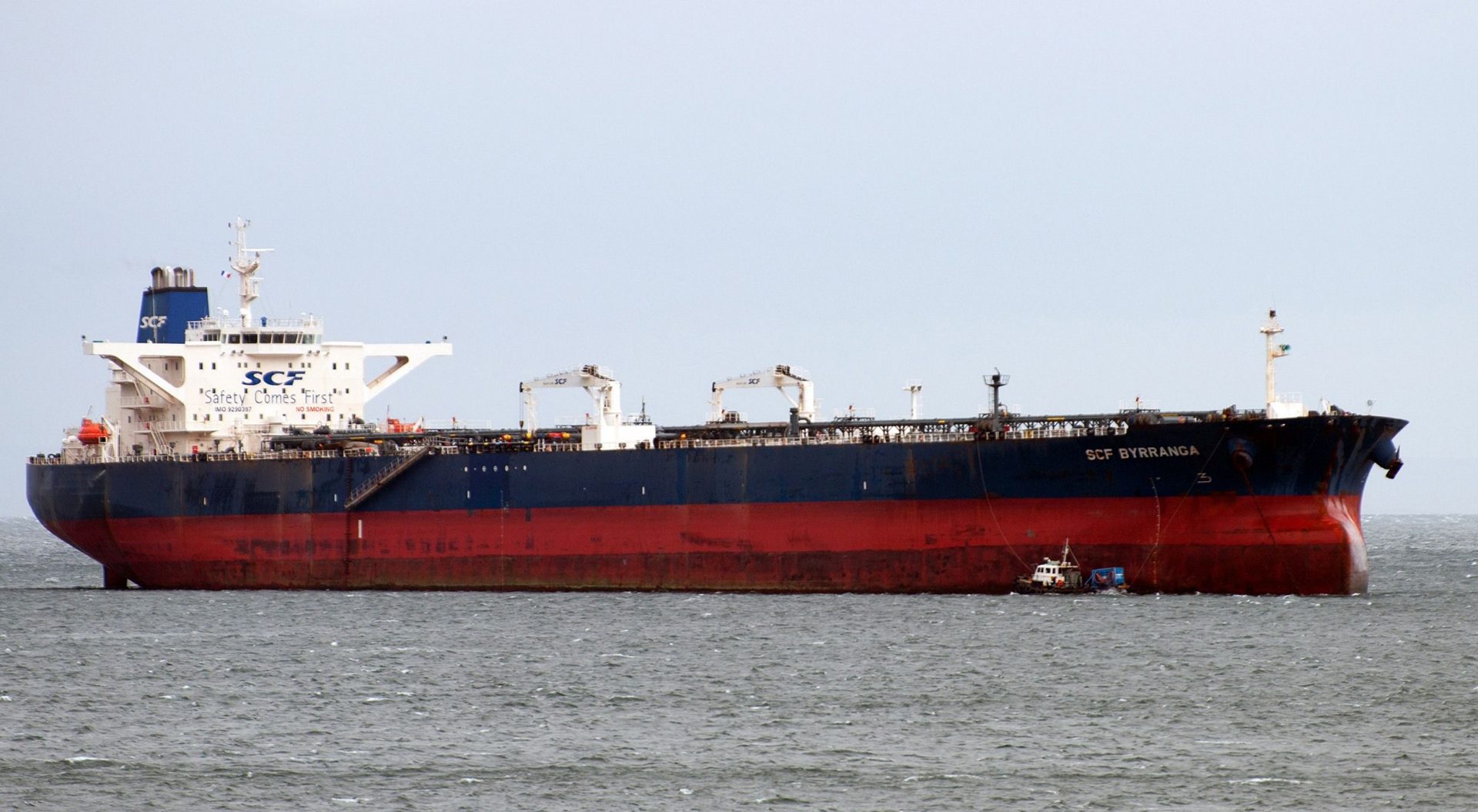More Kurdish oil will probably head to the U.S. even as a tanker carrying 1 million barrels of disputed crude returns to the Mediterranean Sea six months and $60 million less valuable after anchoring off Texas.
The United Kalavryta is heading to Gibraltar, Kyriakos Maragoudakis, operations manager at Piraeus, Greece-based Marine Management Services M.C., the ship’s operator, said by e-mail Tuesday. The tanker didn’t unload, he said. The Kurdistan Regional Government plans to send more cargoes to the U.S., the semi-autonomous region’s lawyer said in a letter to the judge hearing the dispute between the KRG and Iraq over ownership of the cargo.
The U.S. Gulf Coast can process more than twice as much oil as Iraq produces, with refineries that have invested in equipment to handle a wide range of crudes, making the region an attractive destination for cargoes. For now, this test case is a costly setback for the Kurds as oil prices have plunged the most in more than five years.
“The owners of that cargo had to be pulling their hair out,” Jim Krane, an energy studies research fellow at Rice University’s Baker Institute for Public Policy in Houston, said by phone. “They’re sitting on this tanker full of crude and all the while it’s languishing off of Galveston with the value plummeting by the week. That’s got to be intensely frustrating, to put it mildly.”
Court Battle
The Kurds and Iraq’s oil ministry have been fighting for control of the United Kalavryta’s cargo in Houston federal court since late July. Iraq initially convinced a judge to allow agents to seize the crude and store it ashore if the vessel entered U.S. territorial waters. That order was later lifted, and the fate of the cargo remained in doubt.
Brent crude was trading at about $107 a barrel when the vessel arrived in the Gulf and anchored off of Galveston. It was trading at about $48 Tuesday.
“The U.S. Gulf Coast would be a natural home for some of these exports.” Andy Lipow, president of Lipow Oil Associates LLC in Houston, said by telephone.
The tanker got caught up in a dispute between Iraq and the Kurds about who had the right to sell the region’s oil and how revenue from those sales should be divided. It reached the Gulf of Mexico in July, having sailed the prior month toward Ceyhan, a port on Turkey’s Mediterranean coast from where Kurdish oil is exported.
“Just as the KRG continues to export oil to markets around the world, the KRG will soon dispatch additional shipments of oil to the United States,” Hal Watson, the Kurds’ Houston lawyer, said in the Jan. 20 letter.
December Agreement
Iraq and the Kurds agreed in December to start selling oil jointly. The accord will allow them to supply about 550,000 barrels a day more oil from northern Iraq, Rowsch Nuri Shaways, an Iraqi deputy prime minister, said Jan. 21 at the World Economic Forum in Davos, Switzerland.
“The government and its instructions remain unchanged, and exports should be done via the oil ministry,” Laith Al-Shaher, director general of the legal department at the oil ministry in Baghdad, said by phone.
Three calls and an e-mail Tuesday to a spokesman in the Kurdistan Regional Government weren’t immediately returned.
“Kurdistan’s ultimate goal of increasing its sovereignty and becoming an independent nation-state in its own right is the big prize,” Krane said. “The folks in the KRG understand that. They don’t want to throw any roadblocks in front of that ultimate goal.”
Source: Bloomberg











